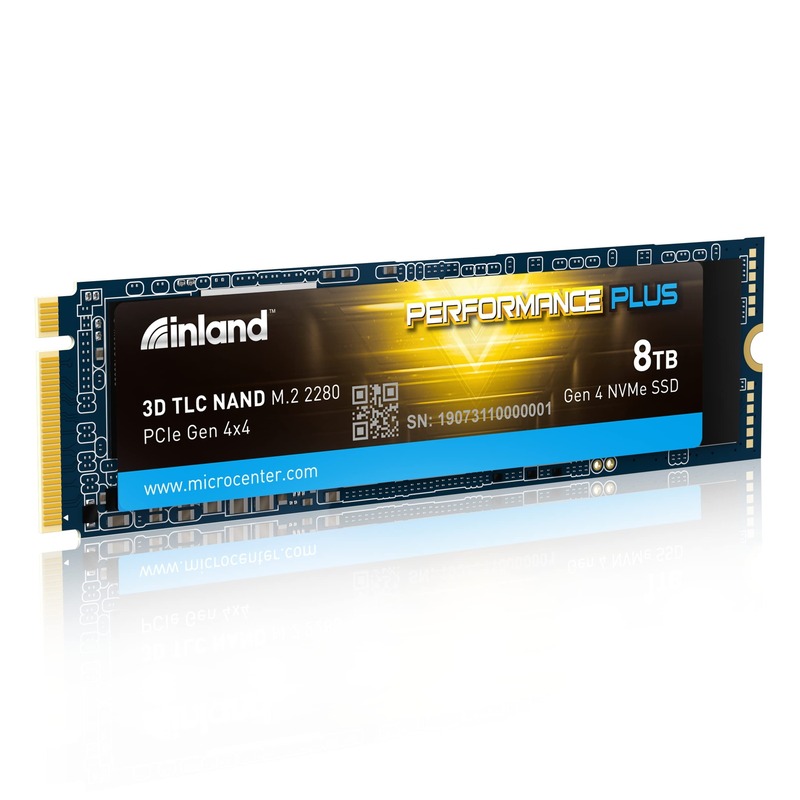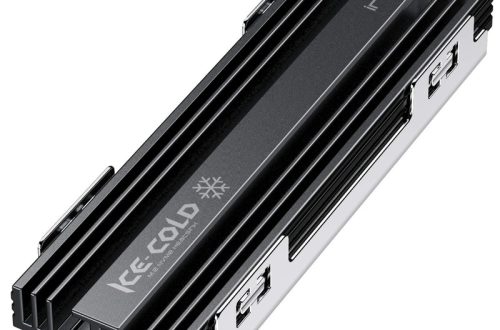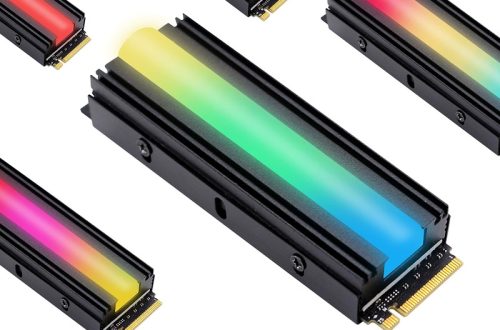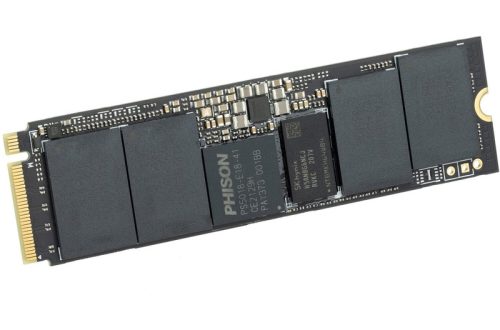An Overview of SSD Technology
Solid State Drives (SSDs) have revolutionized data storage. Unlike traditional hard drives, SSDs use no moving parts. Instead, they store data on flash memory chips. This design boosts speed and durability. SSDs come in different storage capacities, with 500GB SSD being a popular choice.
These drives offer a sweet spot for users. With 500GB, you get ample space for apps, files, and system data. Yet, they remain affordable unlike larger capacity SSDs. Moreover, 500GB SSDs fit well in both laptops and desktops, supporting various uses from office work to gaming.
The flash memory in a 500GB SSD allows for rapid access to data. This means quick boot-up times and fast file retrieval. In essence, SSDs make computers more responsive. As 500GB SSDs become more common, their prices have dropped, making them more accessible for a wider audience.
In summary, SSDs, particularly of the 500GB variety, provide a balance of performance, capacity, and cost. They offer an immediate upgrade to speed and reliability over traditional hard drives.
The Advantages of Using a 500GB SSD
Choosing a 500GB SSD provides many benefits for computer users. These range from performance improvements to cost savings. Here we outline the key advantages:
- Speed: A 500GB SSD vastly outperforms traditional hard drives in speed. It allows for quicker boot times, faster file transfers, and efficient multitasking.
- Durability: With no moving parts, 500GB SSDs are less prone to damage. This makes them ideal for laptops and mobile devices that move around a lot.
- Quiet Operation: SSDs operate silently, unlike hard drives which can be noisy. This creates a quieter work environment.
- Low Energy Consumption: SSDs, including the 500GB model, use less power. This reduces energy costs and extends battery life in laptops.
- Heat Reduction: They generate less heat than hard drives, maintaining a cooler system. This can lower the risk of overheating and improve longevity.
Notably, a 500GB SSD offers enough storage for most users without the excess cost of larger drives. It supports various applications and is suitable for personal and professional use. In a market where speed and efficiency are crucial, investing in a 500GB SSD can be a wise choice. The blend of capacity, performance, and affordability makes the 500GB SSD a top pick for upgrading from a hard drive.
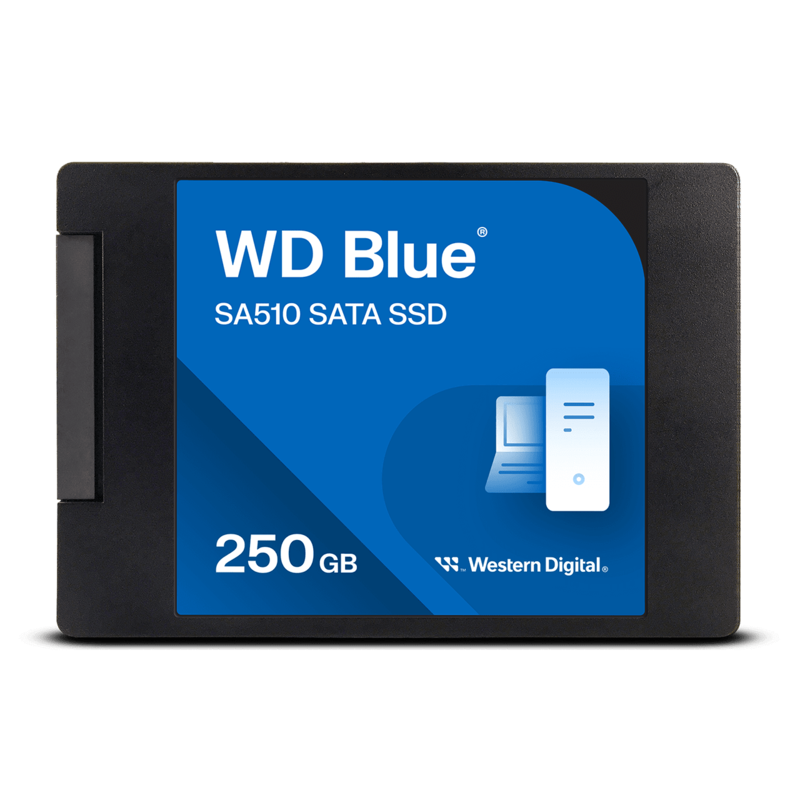
Comparing 500GB SSDs with HDDs and Larger SSDs
When selecting a storage device, it’s important to weigh options. 500GB SSDs have distinct advantages over both Hard Disk Drives (HDDs) and larger SSDs.
Speed and Performance: A 500GB SSD notably surpasses HDDs in speed. It performs tasks like opening files or loading games much faster. Compared to larger SSDs, its performance remains impressive while being more cost-effective.
Capacity and Usage: For average users, a 500GB SSD offers ample storage. It suits most computing needs without excess. Larger SSDs provide more space but often at a premium that many can skip.
Price: Price is a key factor. 500GB SSDs are affordable and offer great value. HDDs might be cheaper but lag in performance. Larger SSDs have higher costs, which might not be necessary for all users.
Durability: SSDs, including the 500GB, are more durable than HDDs. They withstand shocks and drops better. Larger SSDs share this durability, but their cost might impact replacement decisions.
Power Consumption: 500GB SSDs consume less power compared to HDDs. This means longer battery life for laptops. Larger SSDs also perform well but may not justify the extra expense for power efficiency alone.
In essence, 500GB SSDs present a balanced choice. They offer the robustness and speed of SSDs and the affordability closer to HDDs, without unnecessary extra storage. For users looking to upgrade or build a system, 500GB SSDs are an optimal middle ground.
How 500GB SSDs Can Improve Your Computer’s Boot and Load Times
When it comes to boot-up and load times, 500GB SSDs are game-changers.
Firstly, SSDs access data instantly, unlike HDDs. This slashes the time your computer takes to start up. Expect to see your desktop in seconds, not minutes.
Also, with a 500GB SSD, apps and files open quicker. This results in a more fluid and responsive computing experience. Time spent waiting for files to load drops significantly.
Moreover, frequent tasks get a speed boost too. Whether it’s opening a large spreadsheet or loading a video, the wait is minimal with an SSD.
What’s more, multitasking becomes smoother. Switching between programs happens almost instantly. This is great for productivity and streamlining your workflow.
And the size matters – 500GB is typically enough for the operating system, applications, and most of your data. So, you’re not just speeding up your boot time. You’re accelerating almost everything you do on your computer.
In essence, upgrading to a 500GB SSD can transform how you use your computer day-to-day. It’s a simple change with a profound impact on your computing speed and efficiency.
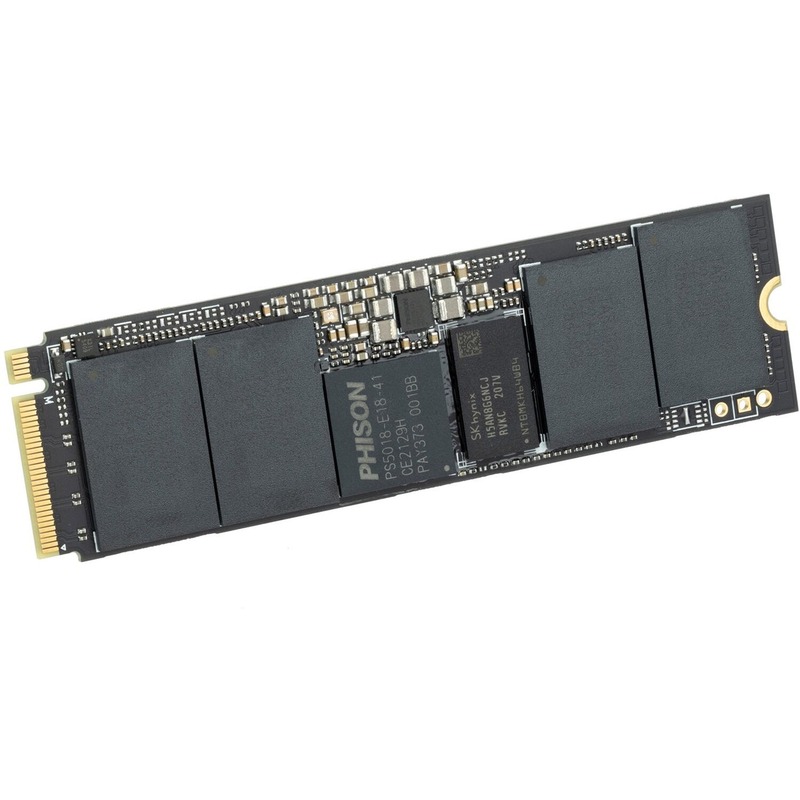
The Impact of 500GB SSDs on Gaming and High-Performance Applications
The impact of 500GB SSDs on gaming and heavy-duty apps is clear and significant. When it comes to gaming, the speed of a 500GB SSD means games load incredibly fast. Gone are the days of long loading screens; gamers can now jump into action in a snap. This seamless experience keeps gamers engaged and reduces frustration.
High-performance applications similarly benefit from the quick access speeds of 500GB SSDs. Video editing software, large databases, and complex simulations run smoother on these drives. Users experience less lag and quicker access to their work. This can mean the difference between meeting a deadline and falling behind.
Additionally, a 500GB SSD can hold several large games and applications. This storage capacity lets users keep all their essentials in one fast, accessible place. Plus, they won’t have to worry about running out of space quickly. For gamers and professionals alike, a 500GB SSD provides a balance of speed and storage that enhances overall performance.
In essence, for those needing peak computer performance, investing in a 500GB SSD is a smart choice. It offers quick data access, smooth operation, and ample storage for demanding tasks. Whether for gaming or professional applications, a 500GB SSD delivers performance upgrades that are instantly noticeable.
Longevity and Reliability of 500GB SSDs
The durability of a 500GB SSD is one of its standout features. Thanks to their solid-state technology, they are less likely to fail compared to HDDs. Without moving parts, there’s a lower risk of mechanical failure. This means a longer lifespan for your storage device.
500GB SSDs are also reliable in various conditions. They can handle temperature changes and physical movement well. So, whether you’re using your device in a hot summer or during travel, it won’t let you down. This makes them ideal for laptops and mobile workstations.
Furthermore, SSDs have error-correction features that help maintain data integrity. Even with heavy use, a 500GB SSD ensures your data stays safe. That’s essential for those who cannot afford data loss.
In summary, if you seek a dependable storage solution, the 500GB SSD stands out. It offers a balance between size and function, without frequent replacements. For users looking for longevity and reliability, a 500GB SSD is a smart choice.
Cost-Efficiency Analysis of 500GB SSDs
When considering a new storage device, cost-efficiency is a crucial factor. For 500GB SSDs, their value extends beyond mere price tags. They offer a balance of cost, performance, and capacity that can be hard to beat. Let’s break down the elements that contribute to their cost-efficiency:
- Upfront Cost: While 500GB SSDs are pricier than HDDs, their benefits outweigh the initial investment. Their speedy performance and durable nature make them worth the cost for most users.
- Long-Term Savings: These SSDs consume less power, which translates into energy savings. They also have a longer lifespan, which means fewer replacements over time.
- Enhanced Productivity: The time savings from faster boot and load times can lead to more productivity. This can indirectly contribute to cost savings in a work environment.
- Reliability: Their solid construction reduces the risk of data loss and device failure. This means potentially less money spent on data recovery or new drives.
- Resale Value: SSDs generally maintain a better resale value than HDDs. If you upgrade later, you can recoup some of your initial outlay by selling the drive.
In summary, the 500GB SSD might look like a more expensive option at first glance. But its performance benefits and long-term savings make it an economical choice in the long run. By cutting down operational costs and boosting efficiency, it provides solid value for your investment.
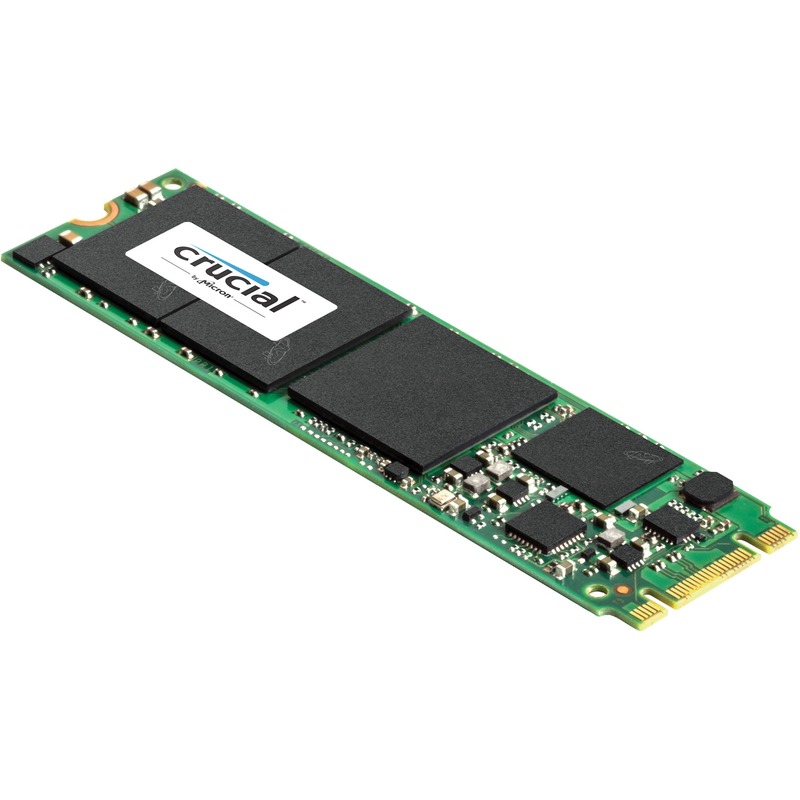
Tips for Maintaining and Optimizing 500GB SSD Performance
Optimizing your 500GB SSD is crucial for maintaining peak performance. Here are simple yet effective tips:
- Keep Your SSD Firmware Updated: Manufacturers release updates to improve SSD functionality. Always install the latest updates.
- Avoid Disk Defragmentation: Unlike HDDs, SSDs don’t need defragmentation. It can rather reduce their lifespan.
- Maintain At Least 10% Free Space: SSDs perform better with free space. Aim to leave at least 10% of your SSD’s capacity free.
- Enable TRIM Command: The TRIM feature helps the SSD to manage unused data. Ensure that it’s enabled in your system.
- Monitor SSD Health Regularly: Use software to check your SSD’s health. This can alert you about potential issues early on.
- Limit Write Operations: Write operations can wear out an SSD over time. Try to minimize the data you write to the drive.
- Be Mindful of Extreme Temperatures: High temperatures can harm SSDs. Keep your computer in a cool, dry place.
- Regularly Back-Up Data: This doesn’t improve SSD performance but it’s important for data safety. Back up your files regularly.
By following these tips, you can help ensure your 500GB SSD runs smoothly for years. Simple habits like these can make a big difference in your SSD’s longevity and reliability.
